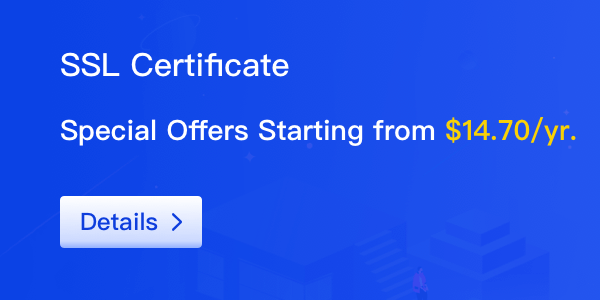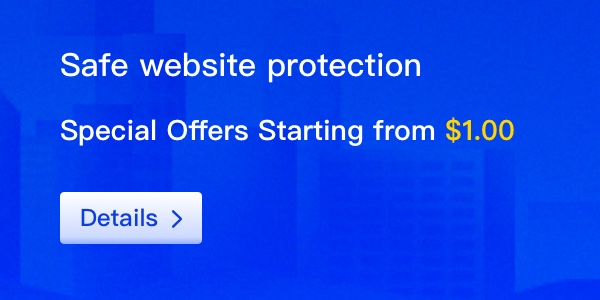If you manage a domain portfolio — whether for investment, business, or brand protection — WHOIS data is one of your most valuable tools.
It offers detailed insights into domain ownership, registration history, and expiration timelines, giving you the knowledge needed to protect and grow your digital assets.
Let’s break down what WHOIS data is, why it matters, and how you can use it strategically to stay ahead.

What is WHOIS Data?
WHOIS is a public database that stores domain registration details. When someone registers a domain, their contact information (name, email, phone number, and address), along with the domain’s registration and expiration dates, gets recorded in this system.
You can query WHOIS records to:
Check who owns a domain
Confirm whether a domain is active
Track key dates (like expiration or renewal)
Investigate ownership history or registrar transfers
For domain investors, webmasters, or businesses managing multiple sites, WHOIS data is essential for staying organized, identifying threats (like domain squatting), and making confident decisions about acquisitions and renewals.
Tracking Expiration Dates: Stay Ahead of Renewals
One of the most practical uses of WHOIS data is keeping tabs on when your domains are set to expire.
Letting a valuable domain lapse — even by accident — can result in a costly loss or give someone else the opportunity to snap it up.
To avoid that risk:
- Keep a centralized list or spreadsheet of all your domain names and expiration dates
- Set calendar reminders at least 30–60 days before expiration
- Consider using registrar tools or portfolio dashboards with built-in alerts
Being proactive helps ensure you never lose a domain you want to keep — and gives you time to drop or renew others based on strategy, not panic.
Finding Domain Acquisition Opportunities
Beyond managing what you own, WHOIS data can help you scout new opportunities.
By researching domains that are currently registered but look unused or undervalued, you might discover names worth acquiring.
Here’s what to look for:
- Domain Age: Older domains tend to carry more SEO weight and can be more trusted by search engines.
- Ownership Clarity: If the WHOIS info is public, you may be able to contact the owner directly. If privacy is enabled, the chances of getting a reply may be lower — but not impossible.
- Expiration Date: Domains nearing expiration may become available soon, or the owner might be open to a deal.
With the right tools and timing, WHOIS research can become a consistent part of your acquisition strategy.
Compliance and Legal Protection
WHOIS data also plays a role in protecting your rights and reputation.
Accurate WHOIS records help:
- Maintain brand ownership clarity across different teams or departments
- Prevent or respond to cybersquatting, phishing, or trademark disputes
- Provide legal documentation in cases of ownership verification or domain conflicts
Keeping your contact details up to date is critical — especially if you ever need to assert your ownership or defend your brand. It's a small step that could make a big difference in a legal or compliance situation.
Make WHOIS Work for You
Used strategically, WHOIS data can help you:
- Stay organized and ahead of renewals
- Spot acquisition opportunities early
- Strengthen your legal footing
- Better protect the value of your domain portfolio
For anyone serious about domain investing or brand protection, regularly reviewing and acting on WHOIS insights is simply smart management.
With a few consistent habits, you can turn raw data into real advantages — and ensure your online assets stay safe, visible, and ready to grow.




















